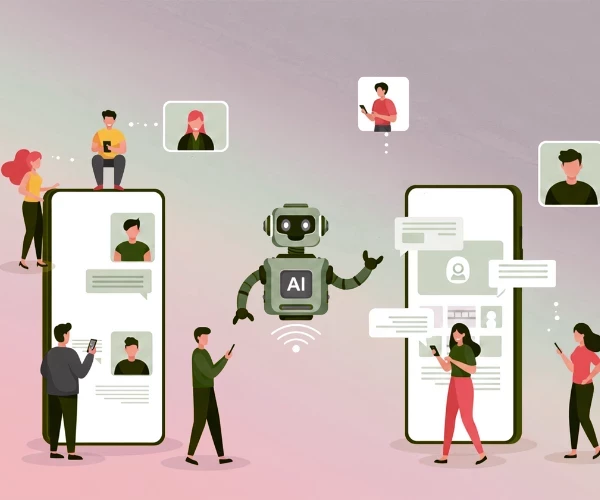5 Learning Technology Trends to Watch in 2025
Add bookmark
As we navigate a time of unprecedented technological advancement, staying ahead of emerging trends in learning technology is crucial for leaders striving to achieve their goals. Here are 5 key trends that will shape the future of learning and development in 2025:
1. Skills-Based Enablement Tools
The skills-based revolution is transforming how modern organizations approach talent development and mobility, prioritizing skills over traditional markers like degrees or years of experience. This shift requires sophisticated technology to succeed. From upskilling and reskilling platforms to skills assessment tools, mapping technologies, and advanced analytics, these innovations are critical to enabling skills-based organizations. In 2025, advancements in these tools will continue to redefine how companies identify, cultivate, and leverage skills.
2. AI-Powered Personalized Learning
Artificial intelligence is revolutionizing personalized learning by offering highly adaptive platforms that analyze individual needs, recommend tailored courses, and adjust content in real-time. These systems can track data, identify skills gaps, and generate predictive insights to create customized learning plans. With AI technology evolving rapidly, the coming year promises breakthrough innovations that will elevate personalized learning experiences to new heights.
3. NLP-Powered Conversational Learning Platforms
The rise of natural language processing (NLP) is fueling conversational learning platforms, enabling simulations with AI-driven bots. For example, sales professionals can hone their skills by engaging in conversations in which AI bots act as virtual customers. Employees across roles can prepare for other types of conversations, from client interactions to internal discussions. As NLP advances, its applications in training will grow more sophisticated, offering versatile and impactful learning experiences.
4. Immersive Learning Experiences
The rapid evolution of augmented reality (AR), virtual reality (VR), and mixed reality (MR) technologies is revealing new possibilities for immersive learning. These tools enable realistic simulations that allow employees to practice complex tasks in risk-free environments. By learning through hands-on experiences, employees can boost both engagement and knowledge retention.
5. Social Learning Platforms
The growing focus on collaboration and community in learning has inspired technology solutions that support cohort-based education and social-media-style interactions. These platforms bolster engagement and retention by fostering a sense of connection among learners, making the learning process both interactive and dynamic.
Forward-thinking learning executives are already incorporating these trends into their programs. To explore success stories, collaborate with peers, and experience cutting-edge technologies firsthand, join us at the CLN Learning Conference, taking place April 14–16 in Los Angeles. Be a part of the future of learning technology and become a trailblazer in the field.



















